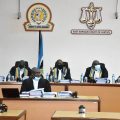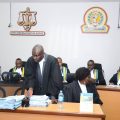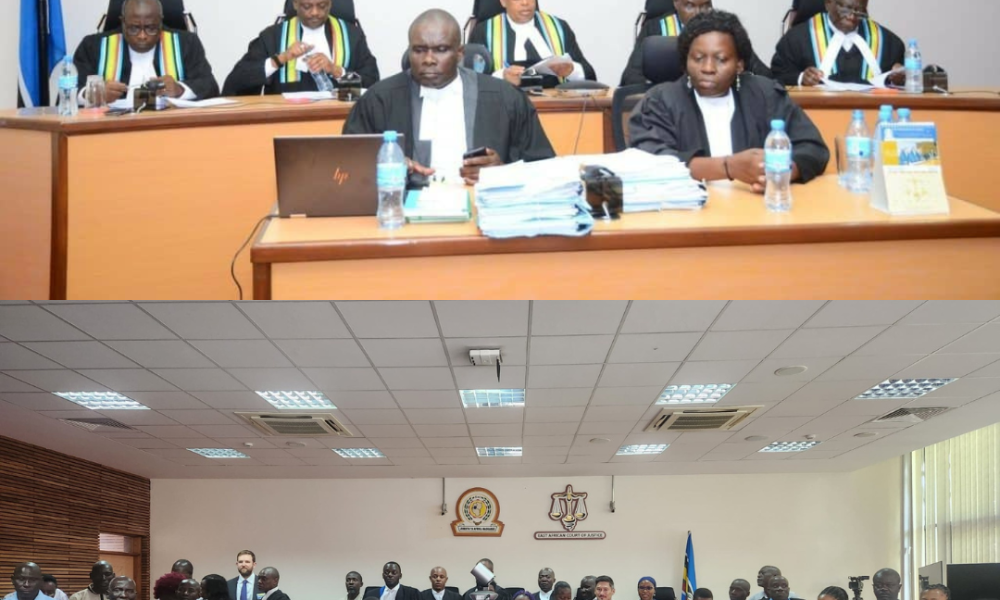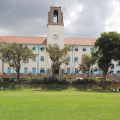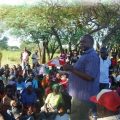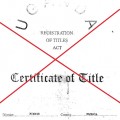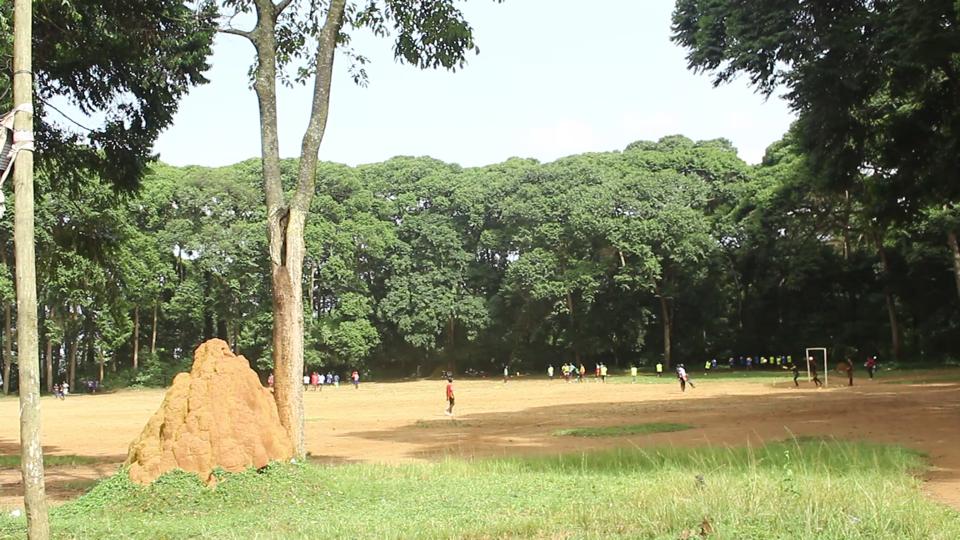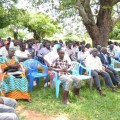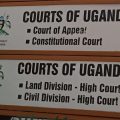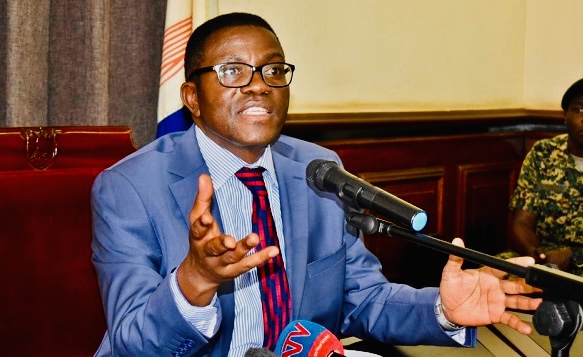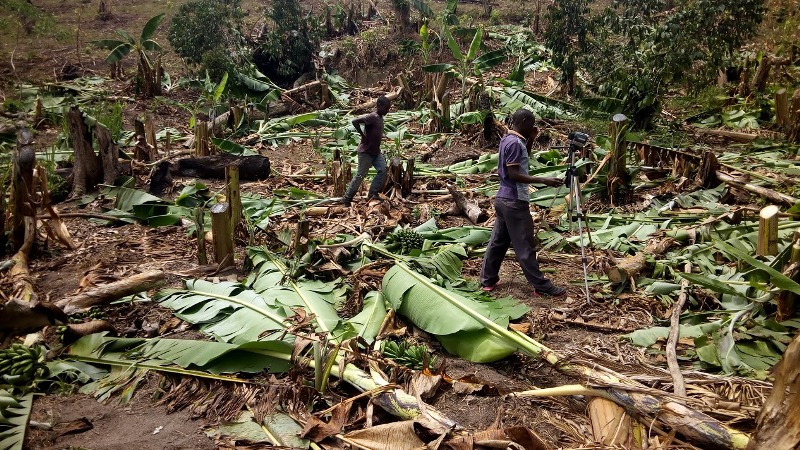Mugaino is battling charges of abuse of office and corruption over allegations of irregular cancellation of certificates of title for several pieces of land in Kampala city.
The Inspectorate of Government (IG) says about 20 witnesses are expected to testify against former Commissioner for Land Registration Baker Mugaino.
Mugaino is battling charges of abuse of office and corruption over allegations of irregular cancellation of certificates of title for several pieces of land in Kampala city.
The cancelled titles belong to Tropical Bank, Namayiba Park Hotel and businessman Gerald Akugizibwe.
The titles are for land comprising Kibuga Block 12 plots 658, 659, and 665 in Kisenyi; Kibuga Block 4 plot 152 in Namirembe, and Kyadondo Block 244 plot 2506 in Kisugu, Kampala district.
In a statement released on July 23, 2025, IG says the 20 complaints including Tropical Bank officials have recorded witness statements and are ready to give evidence against Mugaino in court.
The statement was released following an article published in the Independent Magazine titled, “IGG abusing her office”.
The IG said the article contains unfounded allegations against the person of the Inspector General of Government (IGG), Beti Kamya Turwomwe, questioning her decision to interdict, investigate and later prosecute Mugaino.
According to the IG, it is standard procedure for the IGG to issue orders to interdict a public officer if they have cause to believe that the officer might interfere with investigations.
The IG says the authority is derived from Article 230(2) of the Constitution of the Republic of Uganda and Section 13(6) of the Inspectorate of Government Act.
The IG states that the matter of Mugaino’s conduct while performing official duty is before court and, therefore, cannot be discussed in the public because it offends the sub judice law.
The IGG over the past four years has interdicted over 150 public officers, including six senior officers in the Office of the Prime Minister and many chief administrative officers.
Complaints
According to the statement, between December 2024 and April 2025, the IGG received 22 complaints against Mugaino alleging cancellation of certificates of title without following prescribed procedures under the law, removal of caveats without giving prescribed notices, double titling, issuing of special certificates of title while original ones exist, leading to multiple titling, cancellation of certificates of titles for disputes that would essentially be handled by courts with the intention of defeating Justice.
IG states that preliminary investigations found merit in the allegations and the IGG decided to launch a full-scale investigation in the office of the commissioner land registration.
Allegations
Prosecution alleges that between April 8 and 20 this year, Mugaino, while employed in the public service as commissioner of land registration, lands ministry in Kampala, abused his authority by arbitrarily performing acts prejudicial to his employer’s interests – the Government of Uganda, Tropical Bank Ltd, Akugizibwe and Namayiba Park Hotel.
He is accused of irregularly cancelling certificates of title his office had issued to Tropical Bank, Akugizibwe, and Namayiba Park Hotel.
The prosecution also alleges that Mugaino neglected his duties as stipulated in Section 88 of the Land Act and his schedule of duties as commissioner land registration, in April this year when handling a complaint about the land in question.
Background
Court documents indicate that on February 28, 2007, Businessman Mousa Lutwama Kizito obtained a credit facility of shillings 400 million from Tropical Bank using collateral constituting land at Kisugu in Kampala.
The documents further state that on August 18, 2007, Lweza Clays Ltd also obtained a credit facility from Tropical Bank using collateral consisting of land comprising Namirembe and Kisugu in Kampala and Lweza in Wakiso district.
Accordingly, Tropical Bank on September 25, 2007 registered the mortgages on the certificate of title.
However, Kizito and Lweza Clays defaulted on their loan repayments, prompting the bank to advertise the mortgaged properties after winning a court case.
Consequently, the bank on October 10, 2022, sold the mortgaged property at Namirembe to Akugizibwe for shillings 415 million. The bank also sold property at Kisenyi to Namayiba Park Hotel for shillings two billion.
The bank wrote to the Registrar High Court requesting the return of the mortgaged certificates of titles and bank guarantee as per the court order issued by Justice Stephen Mubiru.
The bank applied to the Commissioner Land Registration, requesting for special certificates of title upon failure to retrieve the mortgaged copies from the Registrar High Court (Commercial Division).
In a petition dated April 8, 2025, MBS Advocates, acting on behalf of Kizito and Luweza, requested the commissioner land registration to cancel the certificates of title for the land in question and Mugaino allegedly illegally removed court orders and caveats that had been lodged on the certificates of title, without any other orders from court.
Original Source: New Vision


 DEFENDING LAND AND ENVIRONMENTAL RIGHTS1 week ago
DEFENDING LAND AND ENVIRONMENTAL RIGHTS1 week ago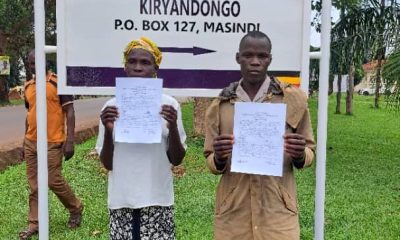
 DEFENDING LAND AND ENVIRONMENTAL RIGHTS4 days ago
DEFENDING LAND AND ENVIRONMENTAL RIGHTS4 days ago
 MEDIA FOR CHANGE NETWORK2 weeks ago
MEDIA FOR CHANGE NETWORK2 weeks ago
 SPECIAL REPORTS AND PROJECTS2 weeks ago
SPECIAL REPORTS AND PROJECTS2 weeks ago
 NGO WORK6 days ago
NGO WORK6 days ago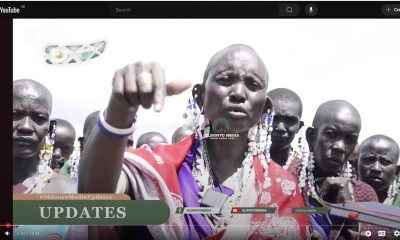
 SPECIAL REPORTS AND PROJECTS21 hours ago
SPECIAL REPORTS AND PROJECTS21 hours ago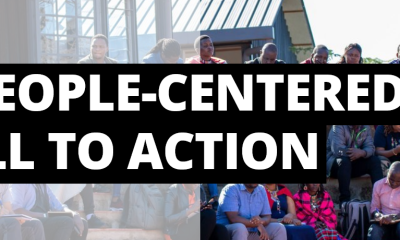
 NGO WORK22 hours ago
NGO WORK22 hours ago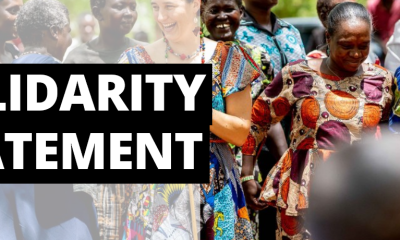
 NGO WORK22 hours ago
NGO WORK22 hours ago



